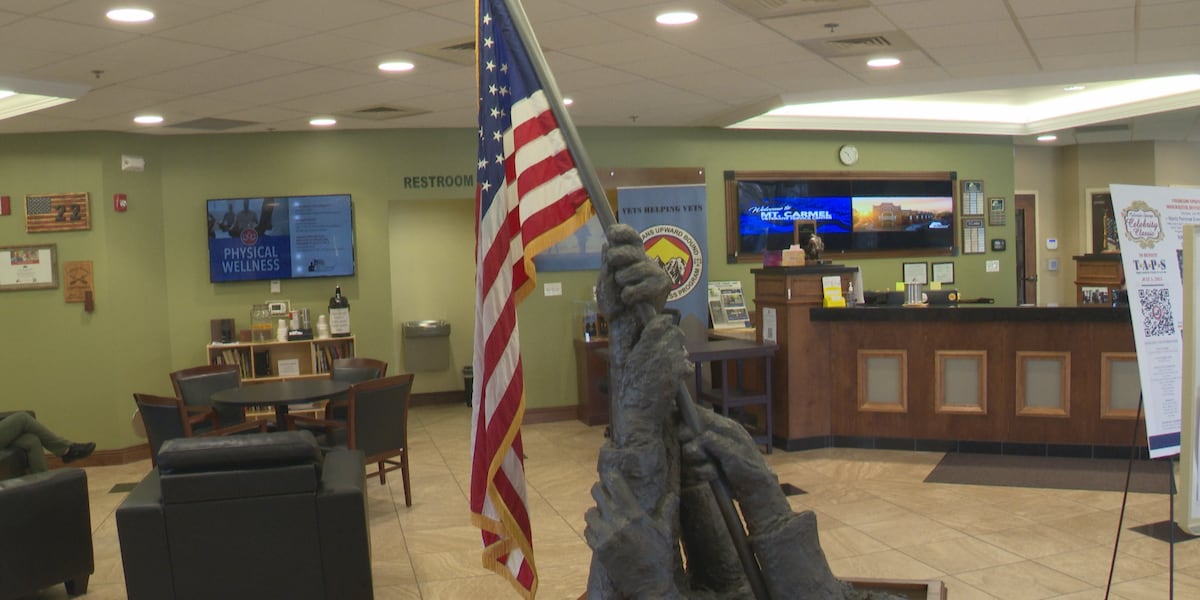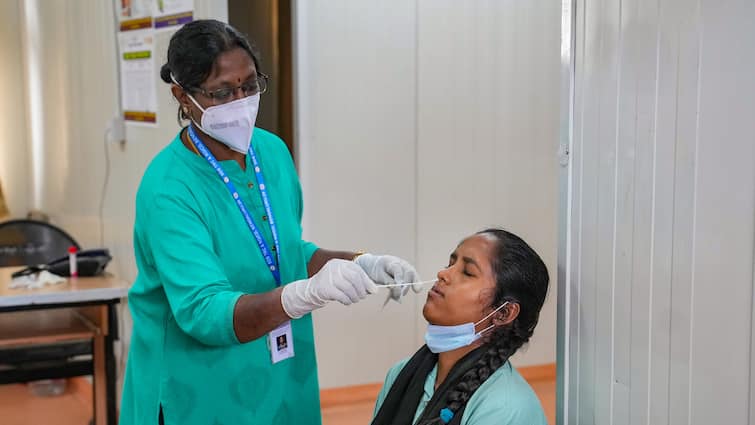Colorado Veteran's Plea: Don't Suffer in Silence – Mental Health Support is Available

The end of May marks the conclusion of Mental Health Awareness Month, a time dedicated to raising awareness and reducing the stigma associated with mental health conditions. But for many, the conversation shouldn't end here. Especially for our veterans, who often carry the weight of their service and the challenges of transitioning back to civilian life, the need for open communication and accessible support remains critical.
John Timmons, a dedicated advocate for veterans in Colorado, has witnessed firsthand the struggles many face. Having worked in this field for eight years, he’s identified a recurring and significant barrier: the reluctance of veterans to talk about their mental health. “One of the biggest challenges is that many veterans feel like they're not allowed to talk about what they're going through,” Timmons explains. This feeling of isolation can be deeply damaging, exacerbating existing conditions and preventing individuals from seeking the help they desperately need.
The reasons behind this silence are complex. Military culture often emphasizes strength, resilience, and stoicism. Admitting vulnerability can be perceived as a sign of weakness, a betrayal of these values. Furthermore, the fear of judgment, discrimination, or negative repercussions within their peer group or even within the Department of Veterans Affairs (VA) system can deter veterans from seeking support.
Timmons emphasizes that breaking down this stigma is paramount. “It’s about creating a safe space where veterans feel comfortable sharing their experiences without fear of being judged,” he says. This requires a multi-faceted approach, including education, outreach, and the development of programs specifically tailored to the unique needs of veterans.
Fortunately, resources are available. The VA offers a wide range of mental health services, including therapy, medication management, and support groups. Numerous non-profit organizations also provide vital assistance, such as the Veterans Crisis Line (1-800-273-8255, Press 1) which offers confidential, 24/7 support. Local community organizations and veteran support groups can also provide a sense of belonging and understanding.
Timmons' message is clear: “You don’t have to go through this alone.” If you’re a veteran struggling with mental health challenges, please reach out. There is hope, and there is help available. Don't let the silence win. Your well-being is worth fighting for.
Resources:
- Veterans Crisis Line: 1-800-273-8255, Press 1
- VA Mental Health Services: https://www.va.gov/mental-health/
- Give an Hour: https://giveanhour.org/ (Provides free mental health services)


:max_bytes(150000):strip_icc()/GettyImages-1969843323-d4f1232e3fac4652a0afc25697a352b7.jpg)



